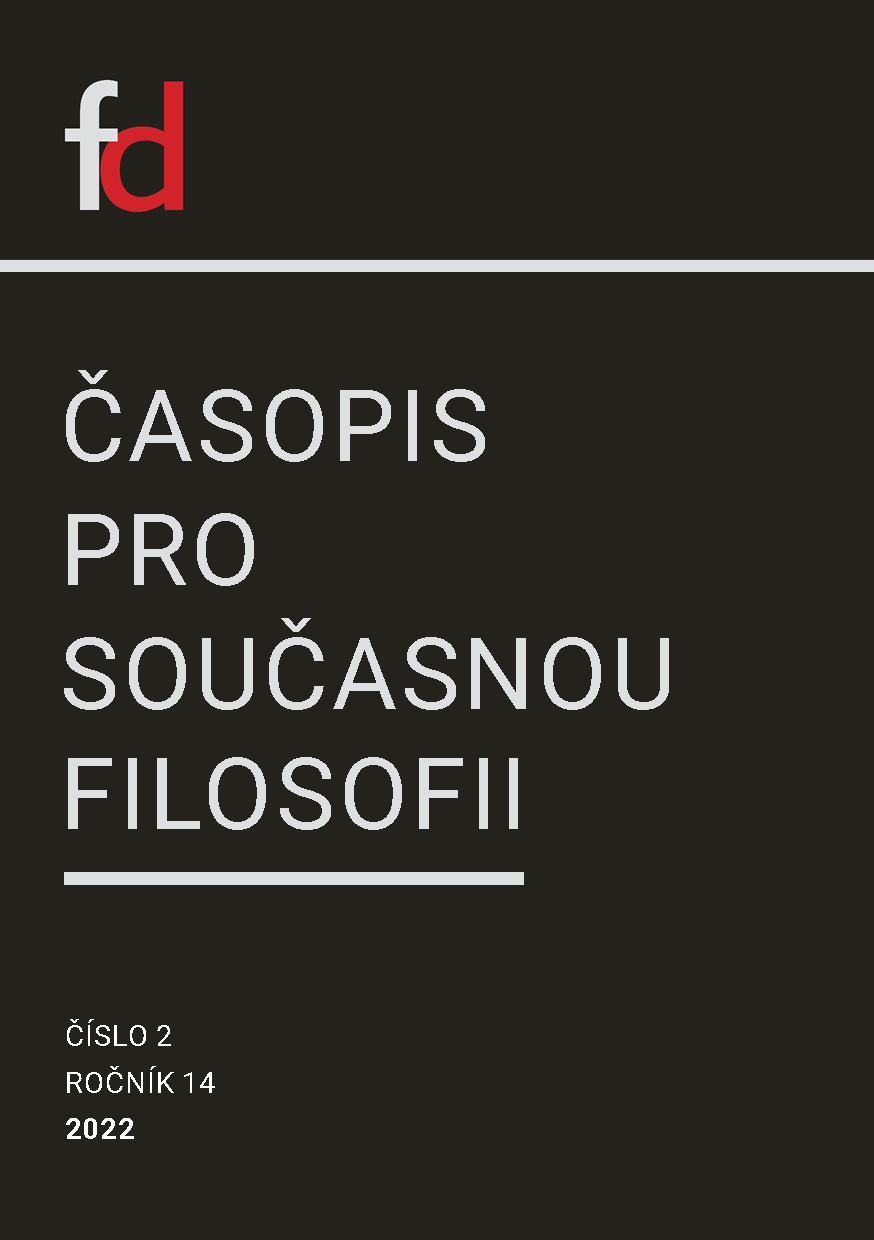Irrational Interpretation
DOI:
https://doi.org/10.26806/fd.v14i2.353Abstract
The study focuses on the process of text interpretation, tracing the phenomenon called "irrational interpretation". It understands the contrast rational – irrational on the basis of Donald Davidson's concept and is therefore based more on the philosophy of language than on psychology. The irrationality of interpretation lies in the inconsistency of the interpreter's beliefs, i.e. in the disruption of logical connections between his individual beliefs. A concrete example is used to show how such a state of mind of the interpreter can occur and what effect it has on the understanding of the whole text. The notion of irrational interpretation is considered against the background of a whole network of relationships – the interpreter to the text, to the author, to the context and to the tradition. These relationships are captured through several schemes based on Davidson's models of triangulation. The study is primarily concerned with the interpretation of non-literary texts, but the conclusion also considers the possibilities of applying the proposed analysis to the interpretation of literary fiction and nonfiction.
Keywords: interpretation – irrationality – belief – inner inconsistency – triangulation
Downloads
Published
Issue
Section
License
Authors who publish in this journal agree that:
1. Authors retain copyright and guarantee the journal the right of first publishing. All published articles are licensed under the Creative Commons Attribution license, which allows others to share this work under condition that its author and first publishing in this journal was acknowledged.
2. Authors may enter into other agreements for non-exclusive dissemination of work in the version in which it was published in the journal (for example, publishing it in a book), but they have to acknowledge its first publication in this journal.
3. Authors are allowed and encouraged to make their work available online (for example, on their websites) as such a practice may lead to productive exchanges of views as well as earlier and higher citations of published work (See The effect of open access).


